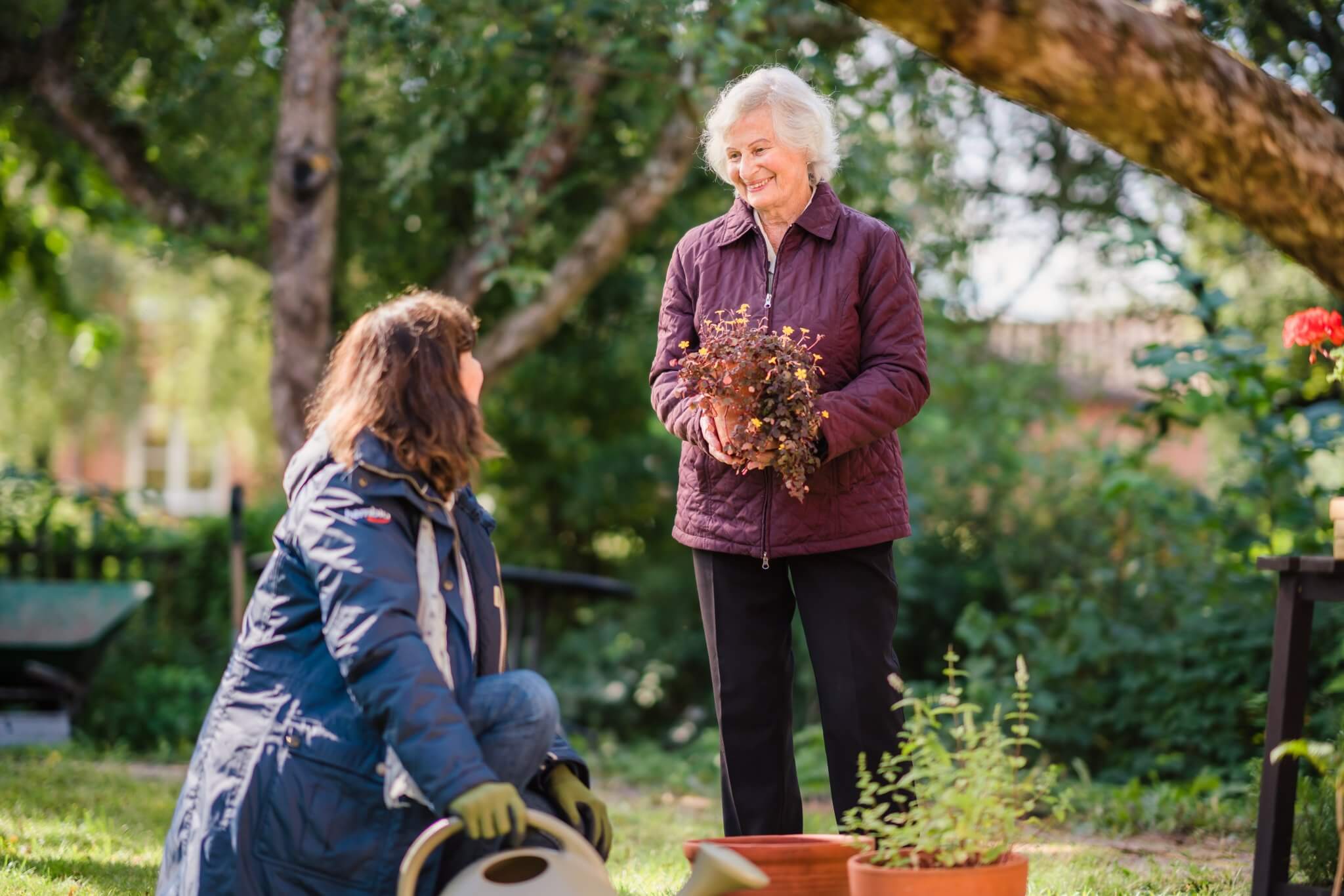
Every community has a wealth of wisdom, experience, and history that is often underappreciated. This invaluable resource resides in the form of the community’s older members. These individuals, who have lived through decades of change and growth, represent a treasure trove of knowledge and stories waiting to be tapped into. The importance of valuing the older people in your community cannot be overstated, as they are the living embodiment of our collective past, present, and future. In this article, we will explore why it is crucial to recognize and appreciate these community heroes, drawing insights from various sources, including the blog post titled “Rewards for Community Heroes: The Winners” by CHUMS UK.
A Source of Wisdom and Experience
One of the most significant reasons for valuing older people in your community is their wealth of wisdom and experience. These individuals have lived through many life experiences, including successes, failures, hardships, and triumphs. Their accumulated knowledge can be invaluable in guiding the younger generations.
Elders often serve as mentors and role models, offering advice, perspective, and life lessons to help the community make informed decisions and avoid repeating past mistakes. Their experience can also be a source of comfort during difficult times, as they provide a historical context for the challenges faced by the community.
Preserving Culture and Traditions
Preserving culture and traditions is critical to valuing older people in your community. This involves recognizing and safeguarding the customs, rituals, stories, and practices passed down through generations. Here’s a closer look at why this is important and how it can be achieved:
- Cultural Heritage: Older individuals often serve as the living repositories of a community’s cultural heritage. They have firsthand knowledge of the traditions, languages, folklore, and historical events that have shaped the community. Engaging with older community members ensures that this cultural heritage is passed on to younger generations.
- Continuity: Culture and traditions provide a sense of continuity and identity to a community. They connect people to their roots and create a shared understanding of belonging. Valuing older people who have played a role in preserving and practicing these traditions helps maintain a sense of cultural identity within the community.
- Education: Older individuals can serve as educators, passing on cultural knowledge and traditions through storytelling, mentorship, and participation in community events. This educational role ensures cultural practices are preserved and remembered.
- Cultural Diversity: In multicultural communities, older people often represent diverse cultural backgrounds. By valuing and celebrating the cultural diversity within the older generation, communities can promote inclusivity and respect for different traditions. This, in turn, fosters a more harmonious and understanding society.
Social Connection and Reducing Isolation
Loneliness and isolation are significant issues among older adults; valuing them in the community can help combat these problems. Social connections are essential for people of all ages, but they become even more critical as we age. Interacting with older community members helps combat social isolation, provides emotional support, and contributes to overall well-being.
Community programs that involve older adults, such as senior centers, intergenerational activities, and volunteer opportunities, can foster a sense of belonging and reduce the risk of loneliness. The blog post from CHUMS UK recognizes the importance of community heroes, including older people who work tirelessly to create a sense of belonging and inclusion within their communities.
Fostering Intergenerational Relationships
Valuing older people in your community also fosters intergenerational relationships. Interaction between different age groups helps break down stereotypes and build empathy. Younger community members can learn valuable life lessons from their older counterparts, while older adults can gain fresh perspectives and stay engaged with the changing world.
Intergenerational activities, such as mentoring programs, collaborative projects, and shared hobbies, create opportunities for meaningful connections that benefit both older and younger community members. These interactions contribute to a sense of unity and mutual respect.
Final Word
Valuing the older people in your community is not just a matter of respect but an investment in the community’s overall well-being and sustainability. Their wisdom, experience, and cultural knowledge are precious assets that enrich the lives of everyone around them. By actively engaging with and appreciating older community members, we create a stronger, more interconnected, and vibrant community that benefits all generations. As highlighted in the blog post “Rewards for Community Heroes: The Winners” by CHUMS UK, recognizing and celebrating the contributions of older people is a step towards building a more inclusive and compassionate society. So, let’s cherish our community heroes and ensure their voices and stories continue to shape our shared future.
Leave a Reply